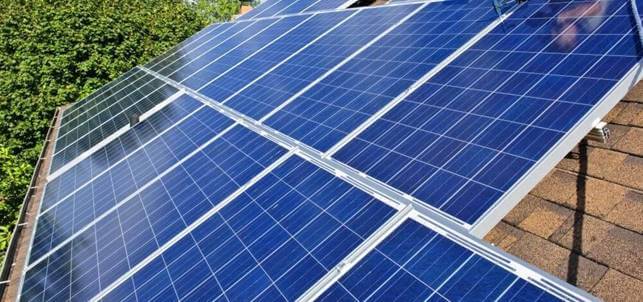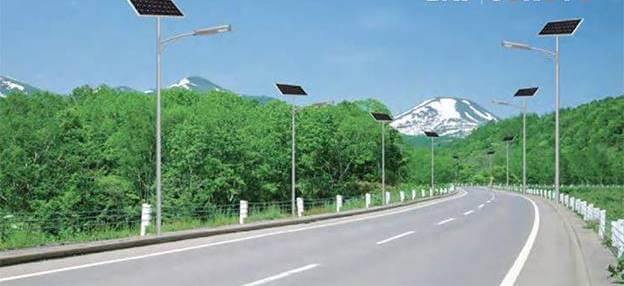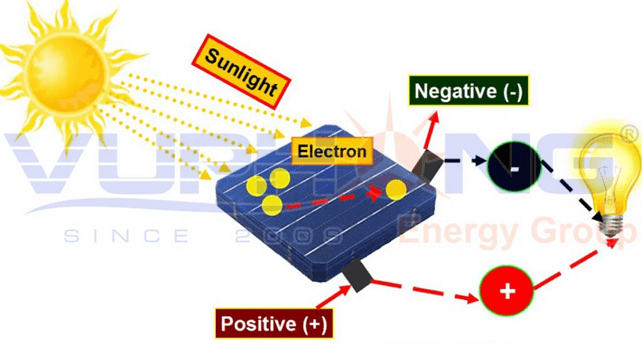Why should we produce electricity from solar energy? (The advantages and disadvantages of solar energy). How do solar cells produce electricity? Let’s find the answer together through the article below.
Why use solar energy?
The sun is a clean and sustainable source of free energy. Solar energy has now proven to be extremely beneficial, not only for the environment but also for the economy. Reducing pressure on electricity works, on the other hand, also reduces the burden on the country.
+ Solar energy does not release any emissions. It does not use other resources at all. So they are safe for the environment.

How do solar cells produce electricity (Source: baohagiang)
+ Reduce monthly electricity bill: With many devices that can use solar energy, electricity bills are reduced a lot. How much you save on your electricity bill will depend on the size of your solar system and your electricity usage.
+ Diverse applications: Solar energy can be used for many different purposes. There will be no need for regular maintenance when using a solar system. You just need to keep them relatively clean, so cleaning the system a few times a year should work fine. Since there are no moving parts or wires, the equipment will not wear out.
Solar power is getting better, cheaper, and competing with grid power.

Why we should use solar energy?
How do solar cells produce electricity
+ Structure:
Solar panels are made up of many smaller units called solar cells. The most common type of solar cells is made of Silicon. The surface of solar cells is covered with metal guideways to collect electrons generated by the photovoltaic effect, capable of converting light energy into electricity.
Usually, solar cells consist of 2 layers. It is cathode and anode used to create an electric field.
+ How do solar cells produce electricity
Light is a stream of tiny particles called photons that shoot out from the sun. These photons hit the solar cells knocking the electrons out of the bond. The mobile electrons are collected by thin metal fingers at the top of the cell. Each solar cell can only produce half a volt, but you can connect them in series to produce a higher voltage.

How do solar panels work (vuphong)
Disadvantages of solar energy
Solar energy is not evenly distributed over the earth. Some areas have more sunshine than others. Light energy is not stable; there will be less electrical power on cloudy days or at night. This requires efficient electricity storage.
If the light is reflected or absorbed, photon energy is lost. The efficiency of the photovoltaic cell will decrease. Photovoltaic cells can only convert up to 46% of light energy into electricity.
We need the budget to build the infrastructure and a large amount of space.
>>> Related post
How does current electricity work
Single phase full wave controlled rectifier
how to reverse a single phase motor
>>> Refer to the video: How do solar panels work? – Richard Komp